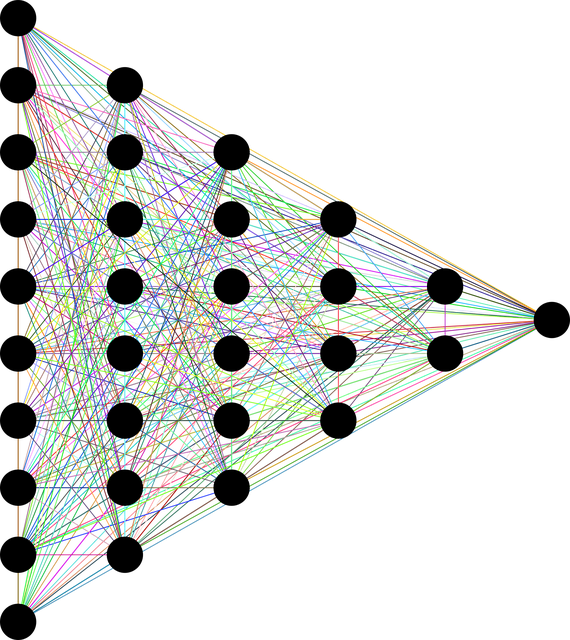Artificial Intelligence (AI) is a rapidly growing field that has gained significant attention in recent years. It refers to the development of computer systems that can perform tasks that typically require human intelligence, such as learning, reasoning, problem-solving, and decision-making. We will explore the basics of AI, its applications, and its potential impact on various aspects of our lives.
What is Artificial Intelligence?
Artificial Intelligence is a branch of computer science that focuses on creating intelligent machines capable of simulating human intelligence. AI systems are designed to perceive the environment, understand natural language, learn from experiences, and make informed decisions. These systems can range from simple rule-based algorithms to complex neural networks that mimic the human brain’s structure and functioning.
Types of Artificial Intelligence
AI can be broadly categorized into two types: Narrow AI and General AI. Narrow AI, also known as Weak AI, is designed to perform specific tasks with a high level of proficiency. Examples include voice assistants, image recognition systems, and recommendation algorithms. General AI, on the other hand, refers to highly autonomous systems that can understand, learn, and perform any intellectual task that a human being can do.
Applications of Artificial Intelligence
AI has found applications across various industries and domains. In healthcare, AI is used for medical diagnosis, drug discovery, and personalized treatment plans. In finance, AI powers fraud detection systems, algorithmic trading, and risk assessment models. AI is also revolutionizing transportation with self-driving cars and optimizing supply chain operations. Other areas where AI is making an impact include customer service, manufacturing, education, and entertainment.
Machine Learning and Deep Learning
Machine Learning (ML) is a subset of AI that focuses on enabling machines to learn from data and improve their performance without explicit programming. ML algorithms analyze large datasets to identify patterns and make predictions or decisions. Deep Learning is a specialized branch of ML that utilizes artificial neural networks with multiple layers to process complex data and extract high-level abstractions. Deep Learning has achieved remarkable success in areas such as image recognition and natural language processing.
Ethical Considerations
As AI becomes more prevalent in society, ethical considerations arise. Questions surrounding privacy, bias, accountability, and job displacement need to be addressed. It is important to ensure that AI systems are transparent, fair, and designed to align with human values. The responsible development and deployment of AI are crucial to mitigate potential risks and ensure that AI technologies serve the best interests of humanity.
Artificial Intelligence is a transformative field with the potential to reshape various industries and improve our lives in numerous ways. Understanding the basics of AI, its applications, and its implications is essential in today’s technology-driven world. As AI continues to advance, it is important to foster discussions and collaborations to ensure that AI technologies are developed and used responsibly. By harnessing the power of artificial intelligence while addressing ethical considerations, we can unlock its full potential and pave the way for a future where humans and machines work together for the betterment of society.
Book Scott Today
Book Scott to keynote at your next event!
Managing Partner at Astor Perkins, TEDx, Top Global Innovation Keynote Speaker, Forbes, Singularity University, SXSW, IBM Futurist, Tribeca Disruptor Foundation Fellow, National Sloan Fellow, Wiley Author, TechCrunch, Winner of Innovation Awards.


















